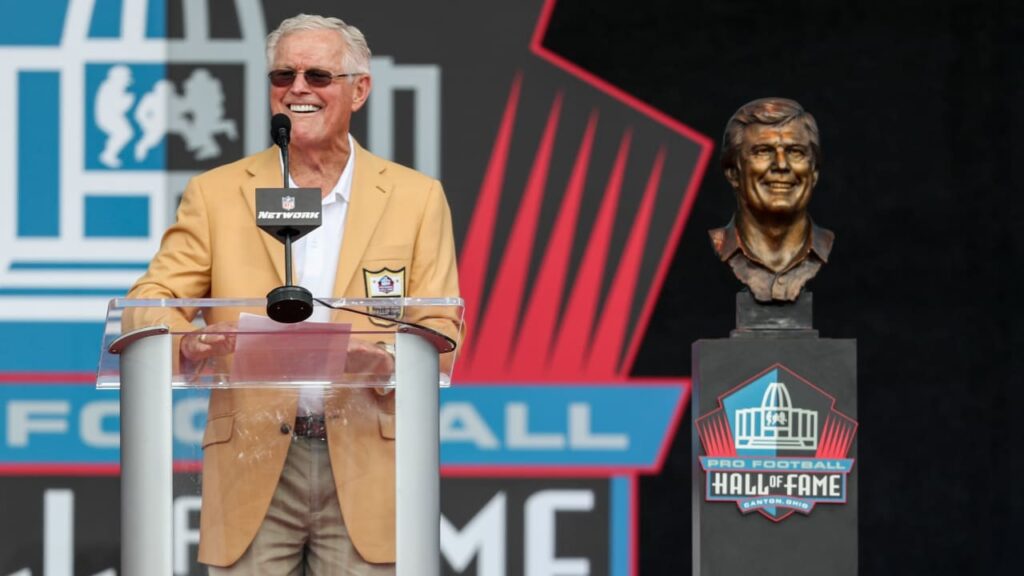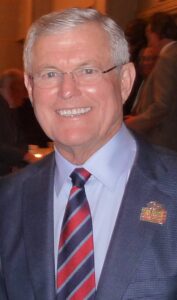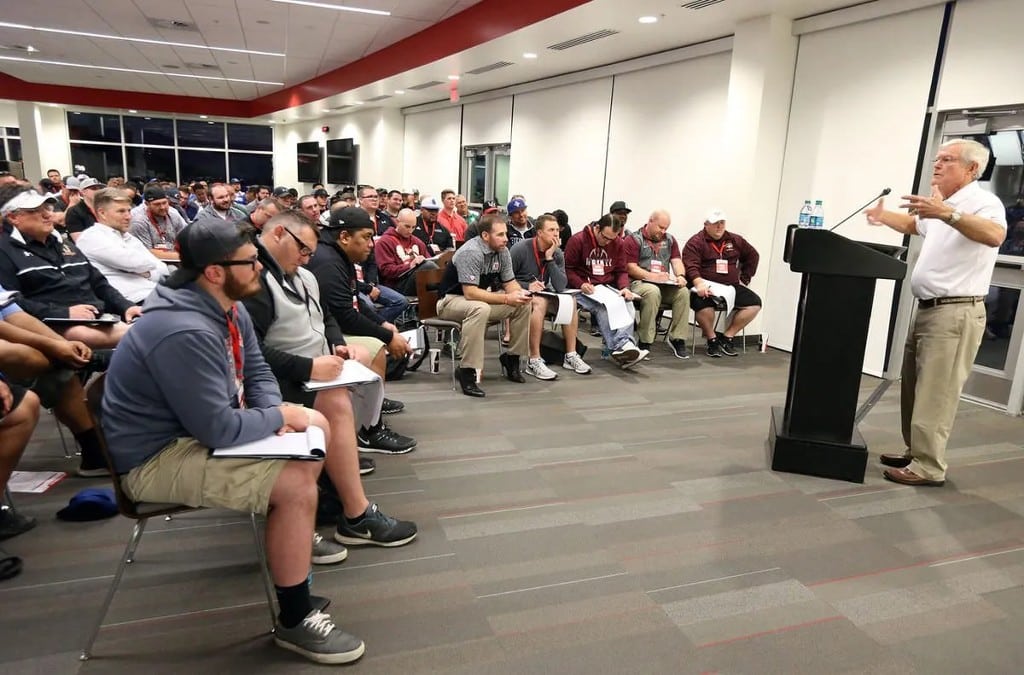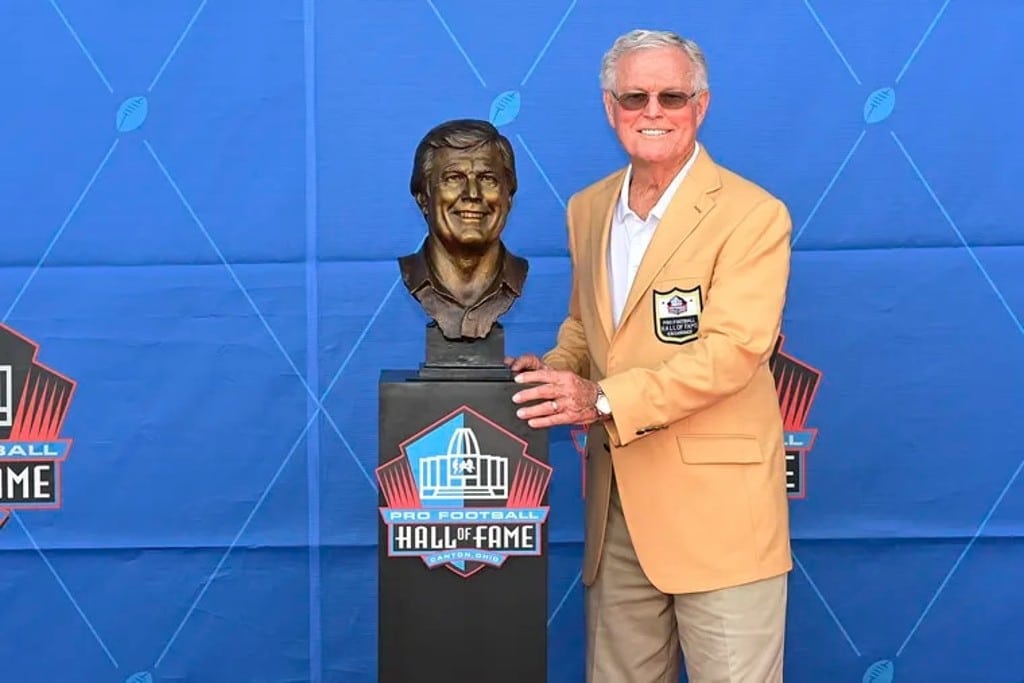What We Can Learn About Leadership From NFL Coaches Like Dick Vermeil

Image Source: chiefs.com
All leaders have demands; how individuals handle those demands leads to great leaders. NFL coaches encounter demands, and while different from the typical business, the roles leaders play is surprisingly similar to everyday business leaders. They must coordinate strategy with other (possibly strong-willed) leaders in their coaching staff (aka Managers and Assistant Managers). They need to read their competition accurately and potentially modify their strategy at a moment’s notice. Their reputation relies on the advanced preparation of 53 diverse individuals to perform at their peak while working seamlessly together as a team. The fruits of their efforts are on display only 17 times in a regular season, all under intense public scrutiny. These 17 games often determine the rest of their careers.
The best of the best not only survive but stand out, impress their peers, and make it to the Pro Football Hall of Fame in Canton, Ohio. So is the story of Dick Vermeil, who was just inducted on August 6 of this year. His accomplishments are impressive. Three times he was hired by a team with a losing record (the Philadelphia Eagles in 1976, Los Angeles Rams in 1997, and Kansas City Chiefs in 2001) and turned around their fortunes, leading them all to the NFL Playoffs by his third season. Also, three times in his 15-year NFL career, his teams had the league’s #1 scoring offense. His players have two Superbowl rings under his leadership. He also has the rare distinction of being named Coach of the Year at the high school, junior college, NCAA (University of California, Los Angeles, among others), and professional levels.

Source: nfl. Com
How did Dick Vermeil bring success to his teams at every level of football? How did he consistently turn losers into winners? Why do past NFL greats such as Kurt Warner, Ron Jaworski, and Don Shula give accolades to this Oakland, California area native? The answers lie in his leadership philosophies and personal style, which apply to any profession.
Every Great NFL Coach (and Leader) Has Inspiration
As we saw in “Are Leaders Born or Made?” great leaders tend to surround themselves with advisors who help them develop, and Dick Vermeil was no exception. In his Hall of Fame acceptance speech, he revealed many of his sources of inspiration

He also acknowledged John Wooden for being one of his greatest coaching influences. Once, after he complained to his mentor about needing better talent, Wooden gave him this advice: “Don’t worry about those players you don’t have. Just make sure you do a great job of making those who you DO have the best they can possibly be.” Vermeil explained, “I’ve operated under that simple philosophy for the rest of my coaching career.”
In fact, he credited even opposing coaches for teaching him aspects of the game. This learning extended to his 14 years as a broadcaster before he resumed coaching in 1997. By observing other coaches from the booth, he admits that he gained a better understanding of football’s underlying values rather than just its technical points and strategy.
By keeping an open mind, Vermeil believed anyone could grow from even the most unlikely sources of information. This wisdom can apply to any great leader.
Great NFL Coaches (and Leaders) Have Established an Underlying Philosophy to Guide Them
We’ve touched on a few elements of Vermeil’s coaching philosophy that he developed from listening to others. This is an important quality of a good coach or leader. It acts as a template for quick and efficient decision-making – the kind needed in a fast-paced 60-minute contest but equally useful in a conference room.
Here, we list his main guiding principles as a coach that made him so effective, especially at turning around losing teams.
Understand Each Individual’s Professional Strengths and Weaknesses
As a coach, Vermeil understood that for the entire team to perform well, he needed to bring out the best in each player. By knowing his players’ strengths and weaknesses, he could create a strategy that would be successful with the players he had. It also allowed him to work on areas of improvement for each team member, building their confidence and overall effectiveness. As he said in his Hall of Fame induction ceremony speech, “Players win games – it’s our job (as coaches) to prepare them and get them ready to win games.”
Know Your Team Personally, Not Just Professionally
Dick Vermeil was adamant about knowing his players as individuals out of genuine caring and concern. In fact, he’d often express this, saying, “I don’t coach football. I coach people who play football.” He believed that connecting with them in this way would make them feel valued, giving them a passion for succeeding over a longer period. It would also foster the trust that would create better communication and willingness to align with team values. And these values went beyond the field for Vermeil. He believed in instilling ones that made not only better players but better people. That is, for the team to be successful, Vermeil believed in inspiring the total person.
Work Hard and Lead by Example
Vermeil didn’t expect just his players to work hard. He set an example for them. He truly believed, as his father had taught him, that it was the solution to what you want to accomplish, and he demonstrated it with his work ethic. This made them more likely and willing to put forth effort as well. Vermeil acknowledged his admiration for those coaches and players he’d worked with in his Hall of Fame induction speech, “that put every responsibility they had in front of them and attacked it with great intensity and concentration.” It’s likely that Vermeil himself inspired those individuals he credited.
Create a Vision for Success
Dick Vermeil believed that if you want the team to be successful, you can’t just practice plays and strategy. You also need to create a vision of the end goal. That is, an effective coach needs to paint a clear picture of future success and set the expectation that it is attainable. This builds the team’s confidence and drive.
Build a Great Leadership Team
Vermeil knew his success as head coach was only as good as his entire coaching staff. Therefore, he believed in having an eye for leadership talent and developing it. He also fostered a positive environment, bringing high energy to the workplace. He made sure his coaches felt appreciated and trusted. He believed all these elements were contagious and would foster positive attitudes among the whole team.
Be Present
“The best and most important job in your career is the one you have at that exact moment,” the coach once explained. For context, Dick Vermeil began his football career as a high school coach. His success there allowed him to rise to the junior college level, then NCAA, and finally the NFL. He rose through the coaching ranks not by envisioning his rise but by being present in each and every job and giving each of his teams the leadership and respect they deserved. He said in an interview, “I can remember coaching in my high school championship game… (it) was as important as the Superbowl 34 win.”
This quote embodies yet another leadership quality of Dick Vermeil that we’ll mention.
Great NFL Coaches (and Leaders) Possess Humility
Dick Vermeil’s personal humility was abundantly apparent in his Hall of Fame induction ceremony speech. He began by relaying that “many people have said, ‘Coach, you impact players’, but it’s the other way around – players impact me.” He also told the crowd this was “an expectation I never held” and expressed that he was “deeply in debt to so many contributors to my career.”
This humility allowed him to possess so many of the guiding principles mentioned above. It allowed him to see his players as people, his coaches as vital to the team’s success, and his own hard work as instrumental to having loyal followers who were equally willing to work hard. Most of all, it allowed him to identify his weaknesses and learn from others, even his own players and opposing coaches, so he could continue to grow his skill set and further his success.
Great NFL Coaches (and Leaders) Keep Learning
As Dick Vermeil’s career demonstrated, a willingness to learn throughout your professional life is vital to success. If you are a business leader who thinks you may benefit from executive and leadership coaching, please reach out to us. Strategy People Culture has been helping business leaders succeed for over ten years. Call us at (833) ROCK – SPC or (833-762-5772) or email us at info@strategypeopleculture.com for more information.


